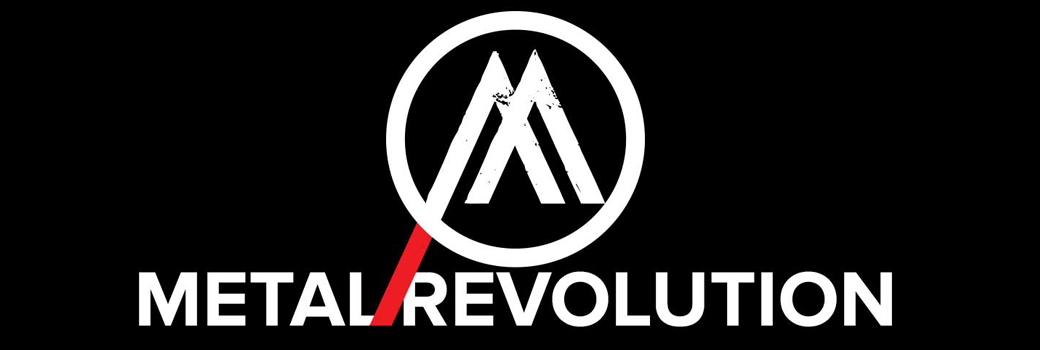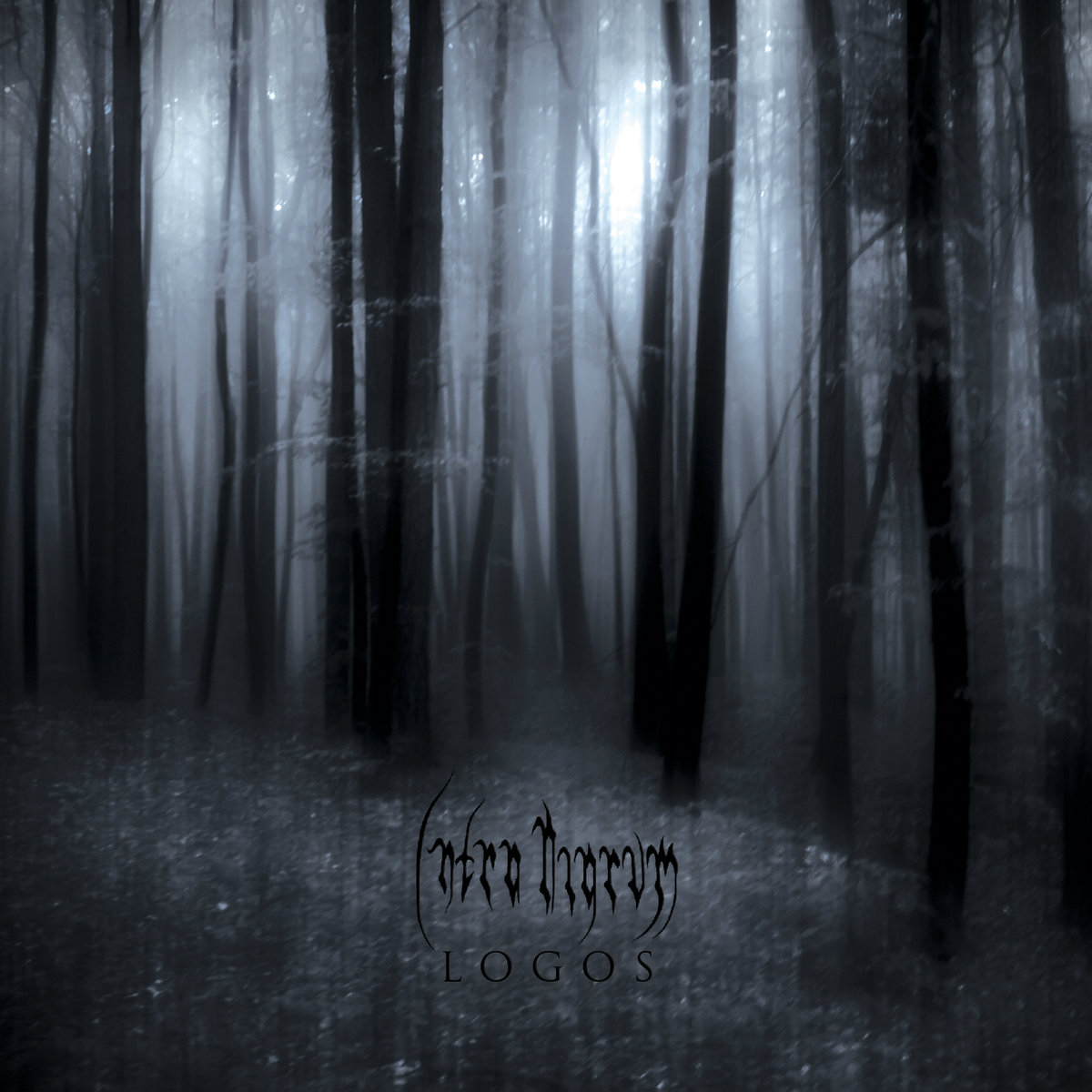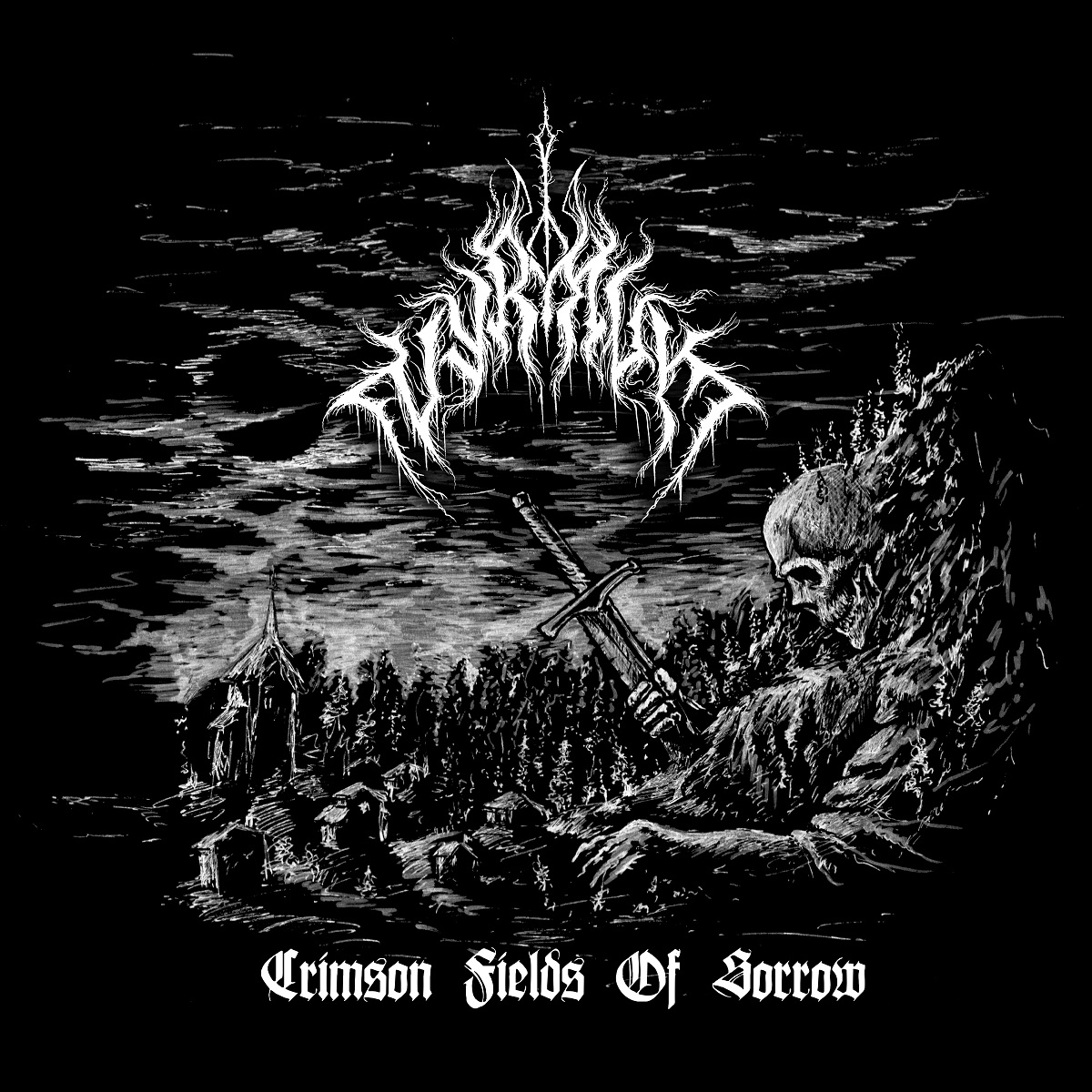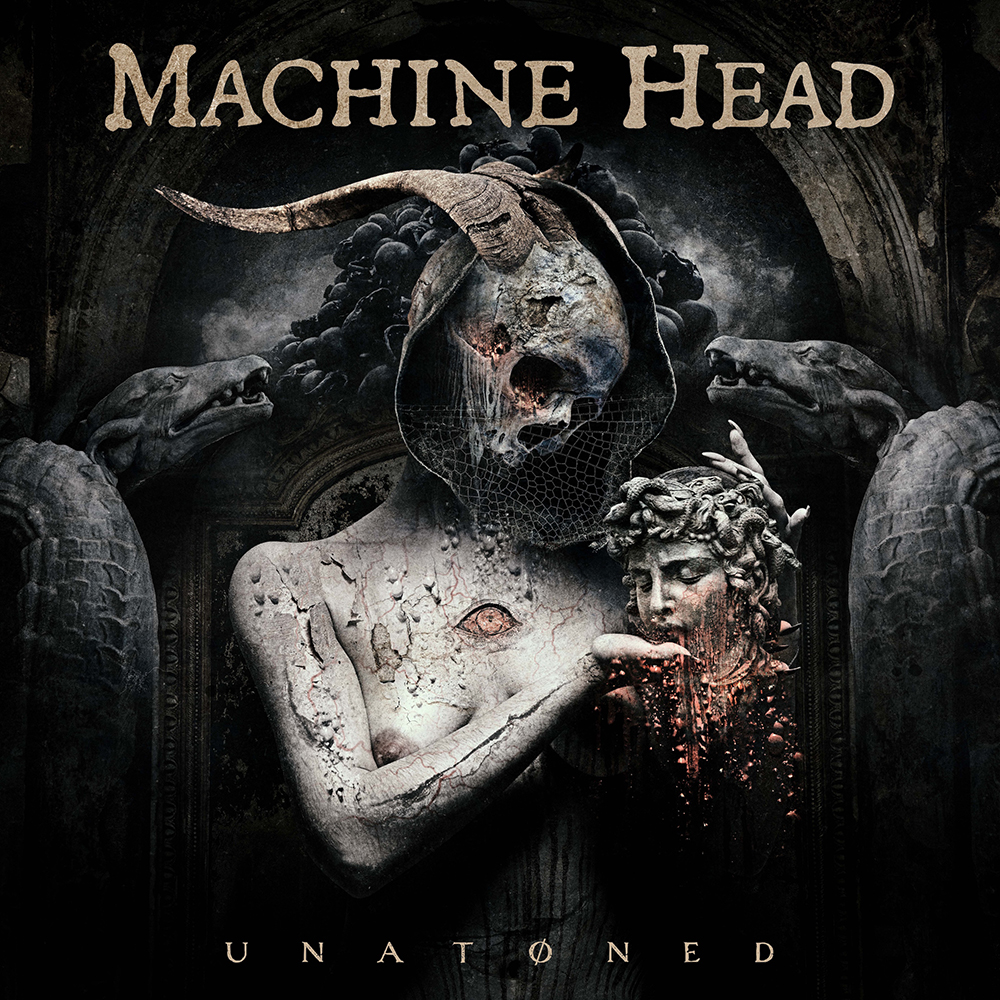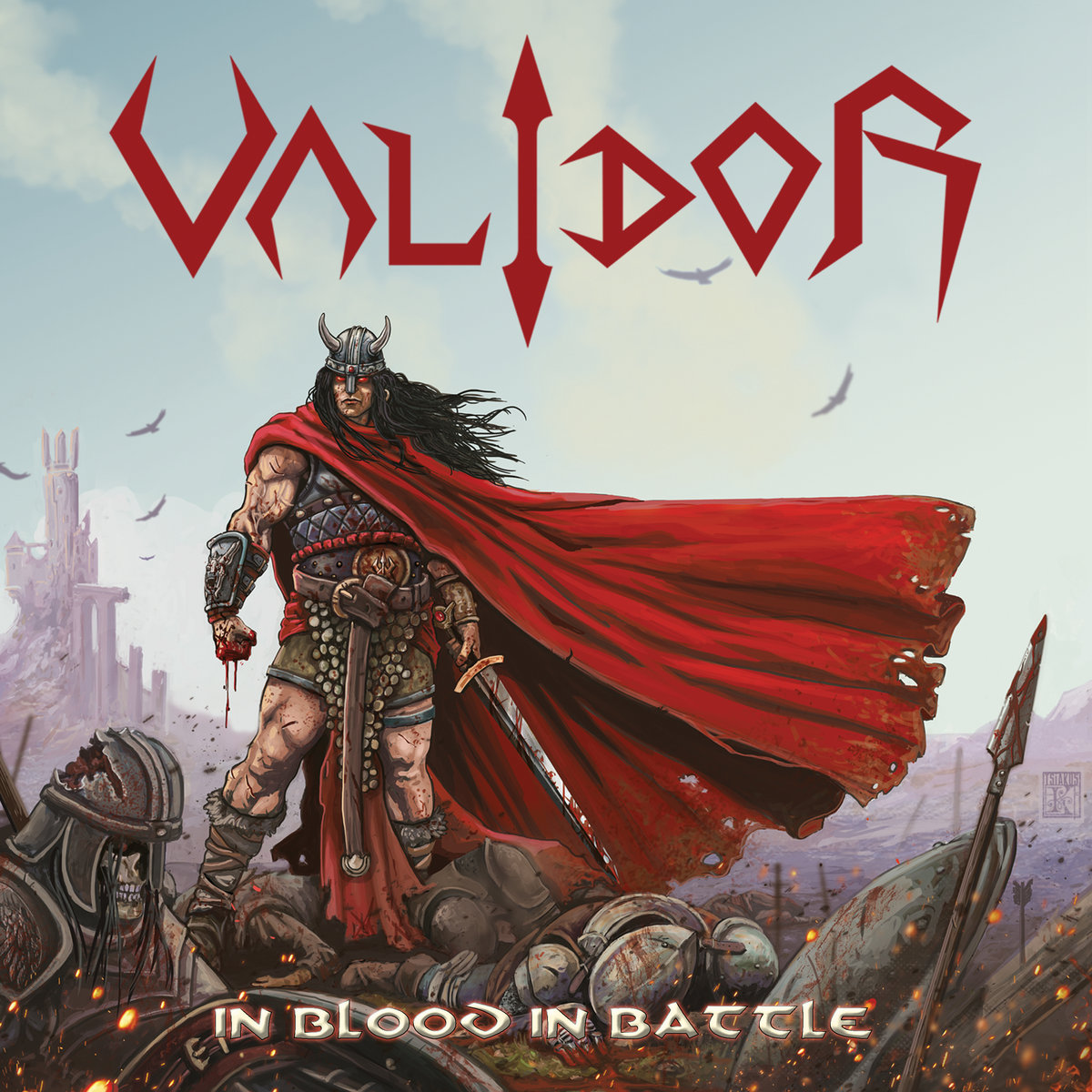
Validor – In Blood In Battle
17th February 2021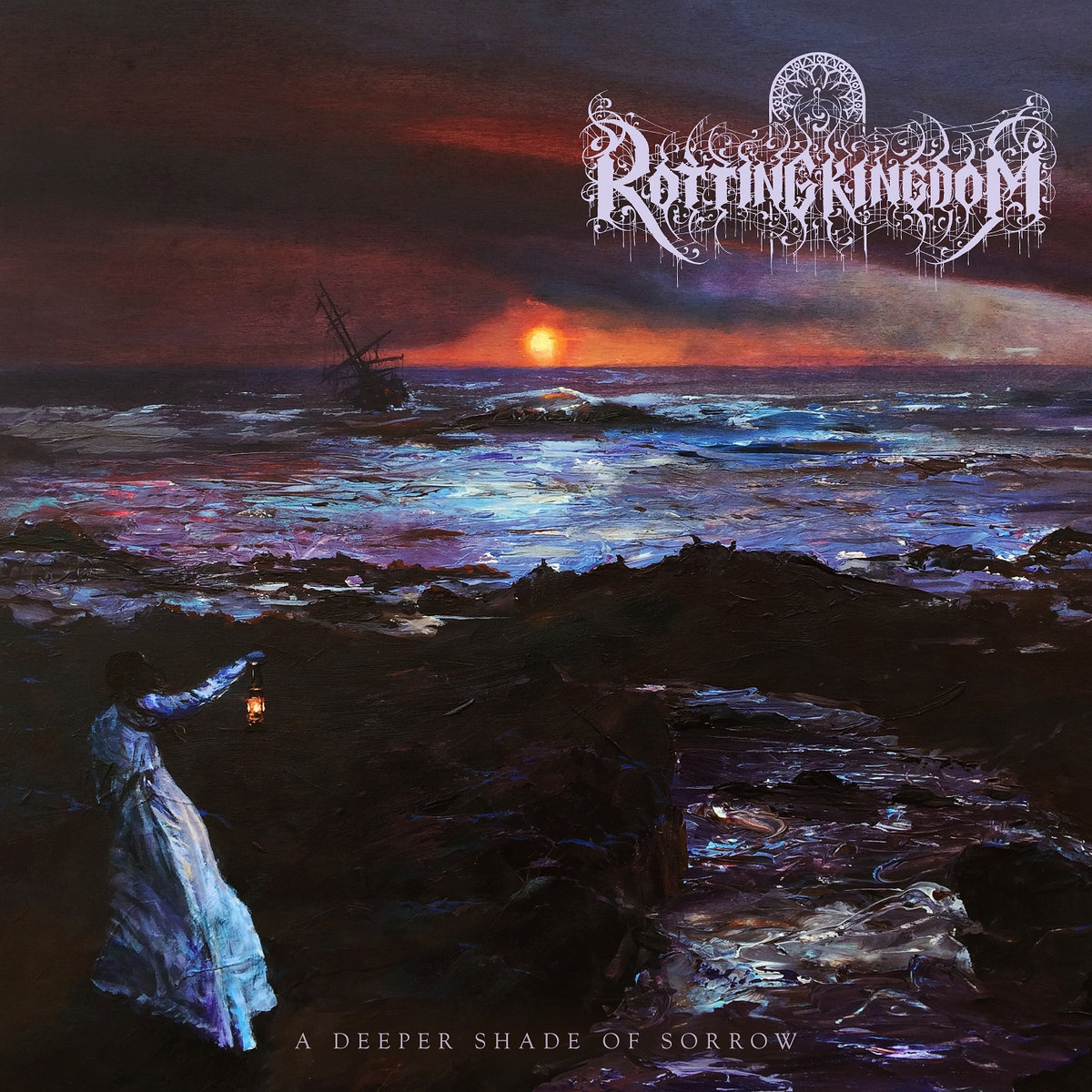
Rotting Kingdom – A Deeper Shade of Sorrow
1st March 2021Moonspell – Hermitage
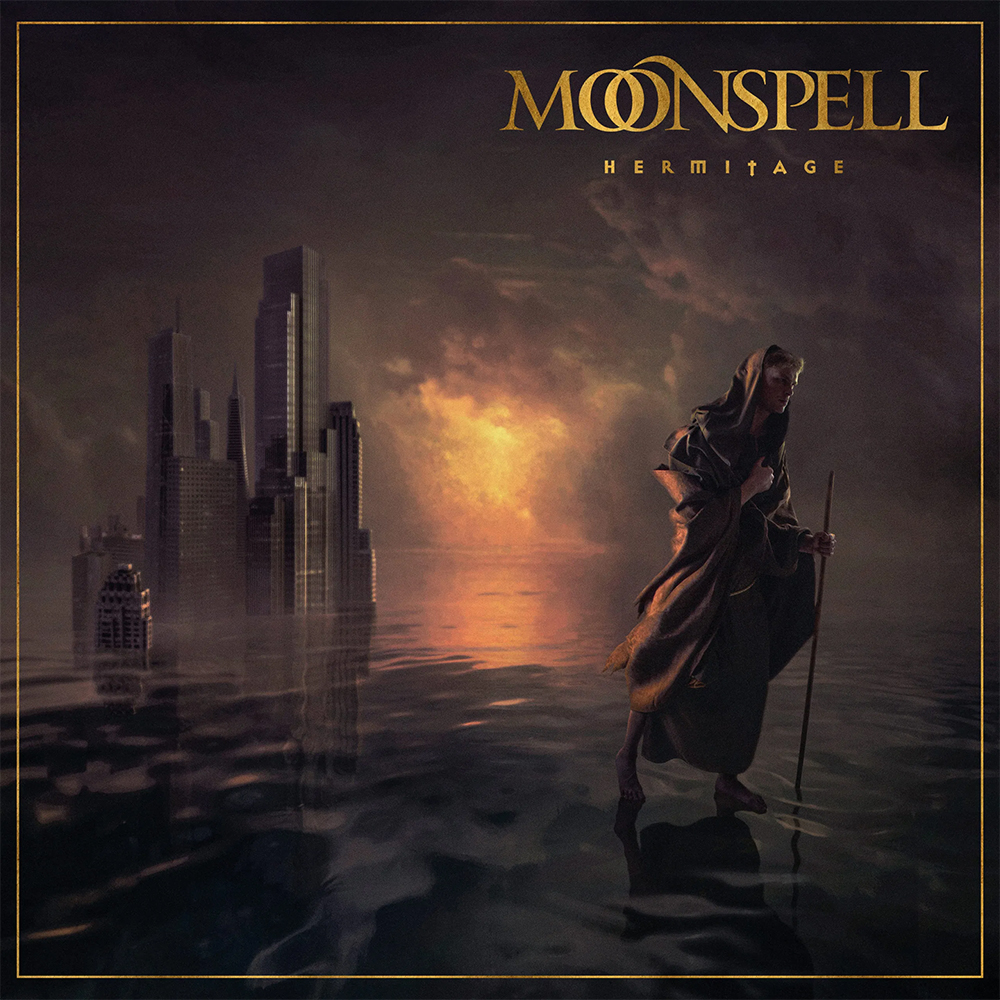
Label: Nuclear Blast / 26th February 2021
Moonspell have always been a band that was distinctively evolving throughout their almost three-decade long career and were never shy for experimenting. Through it all they managed to maintain the quality of their releases rather consistent, and often when they dared to experiment the most, they created some of the most memorable albums.
The new album entitled Hermitage is another album that sees the band stepping out of their comfort zone, but stylistically the change is not as challenging for the listeners as some of their most experimenting releases such as Sin/Pecado, Extinct and even Darkness and Hope.
Band’s previous album, 1755, which was also a risky move for the band, taking into the consideration it was a concept album and more importantly, their first to be entirely in Portuguese. It was a risky move that resulted in a furiously eminent album. How do you follow it?
Well here some three years later the Moonspell has just released another album that sees them not only grow, but also explore some new grounds, yet again – all that while staying true to the very core of that which makes them the band that they are.
But at this point in their career, the approach on this album is not as head-turning, because of the diversity in Moonspell’s immense body of work. In a way, Hermitage is actually a very logical move looking at the band’s catalogue and especially the last couple of albums. And while the album is different from previous two albums, stylistically it can be placed somewhere between the two. What does that mean? Well, there are few aspects to that statement…
First of all, sonically the band has placed themselves somewhere between the Extinct and 1755 merging the accessibility of the first and the grandness of the latter.
Second of all, musically the case is actually quite similar, but with a significant portion of Pink Floyd inspired cinematic qualities. These add to the overall atmosphere and overall feel of the album in a seamless and perpetual stamina.
At the same time, songwriting and performance are simply outstanding, yet there is a pulled-back quality to it, meaning that it’s all so well glued together that nothing really stands out. Every single aspect of this album serves the greater good of the album and while the skill across the line is almost overwhelming, it’s never gaudy.
On Hermitage, the band allows beautifully arranged music to serve as the main tool for creating the overall expression of the album. This is most noticeable in mellower songs and passages. The places where the album explodes in riffs and growl/screams are bombastic, effective and vital, but it’s in the quieter parts that if really unfolds with outstanding arrangements and some of the most important push-pull qualities of the album.
There is an eminent flow and ever-present of the album as a whole despite the rather diverse nature of the songs. And talking about individual songs might seem futile, because the overall quality of the m is very consistent, but for the sake of painting a detailed picture of this album great flowing diversity it’s worthy focusing on some of them. The opener “The Greater Good” serves as a perfect introduction to the warmth and atmosphere that characterize this album. It’s rounded sounding with beautiful melody and as such a noticeable shift from the blistering heavy muscle that was 1755. “All or Nothing” is all about learning and borrowing from Pink Floyd, perhaps a bit too much for its own good, but the result is elegant, nevertheless. “Hermitage” and “Entitlement” are effective and anthemic, but with each next spin they also reveal layers upon layers of details that underline the strong songwriting and overall well-roundedness. The latter of the two also features one of the finest guitar solos on the album.
Halfway through the album the band takes a break in the form of an instrumental, “Solitarian”, which effortlessly rounds up the first half of the album and sets the stage for the second half of it, where “The Hermit Saints” kicks things off by digging into those seriously heavy sides of the band. “Apophthegmata” is an epic centrepiece of sorts with chilling atmosphere and distinguished arrangements and one of the best examples of the production/mixing job Jaime Gomez Arellano (Paradise Lost, Primordial, Ghost) has done on this record. “Without Rule” rounds up the album before instrumental “City Quitter” closes it. “Without Rule” also works as a round of the band’s career, of sorts, implementing the atmospheric electronics, mellow melodics, catchy goth metal and even some bombastic heaviness from the band’s debut.
It’s quite a task locating out the negative aspects of this album. Some new potential fans of the band might find Fernando Ribeiro heavy accent a bit too weighty, yours truly finds it not only charming, but also a defining part of Moonspell. A couple of fewer Pin Floyd references would serve the album good, and the album artwork seems too slick and generic visualization of the album’s infinite depths. That’s about it.
Hermitage is another album by the Portuguese band which underlines their masterful skill and, perhaps even more importantly, assiduous hunger and inspiration. At the same time, it serves as a prime example of the importance of looking at all the pieces as tools of creating the greater artistic whole. No individual and no element stands out, which when combined and arranged so masterfully makes the album as a whole stand out that much more.
